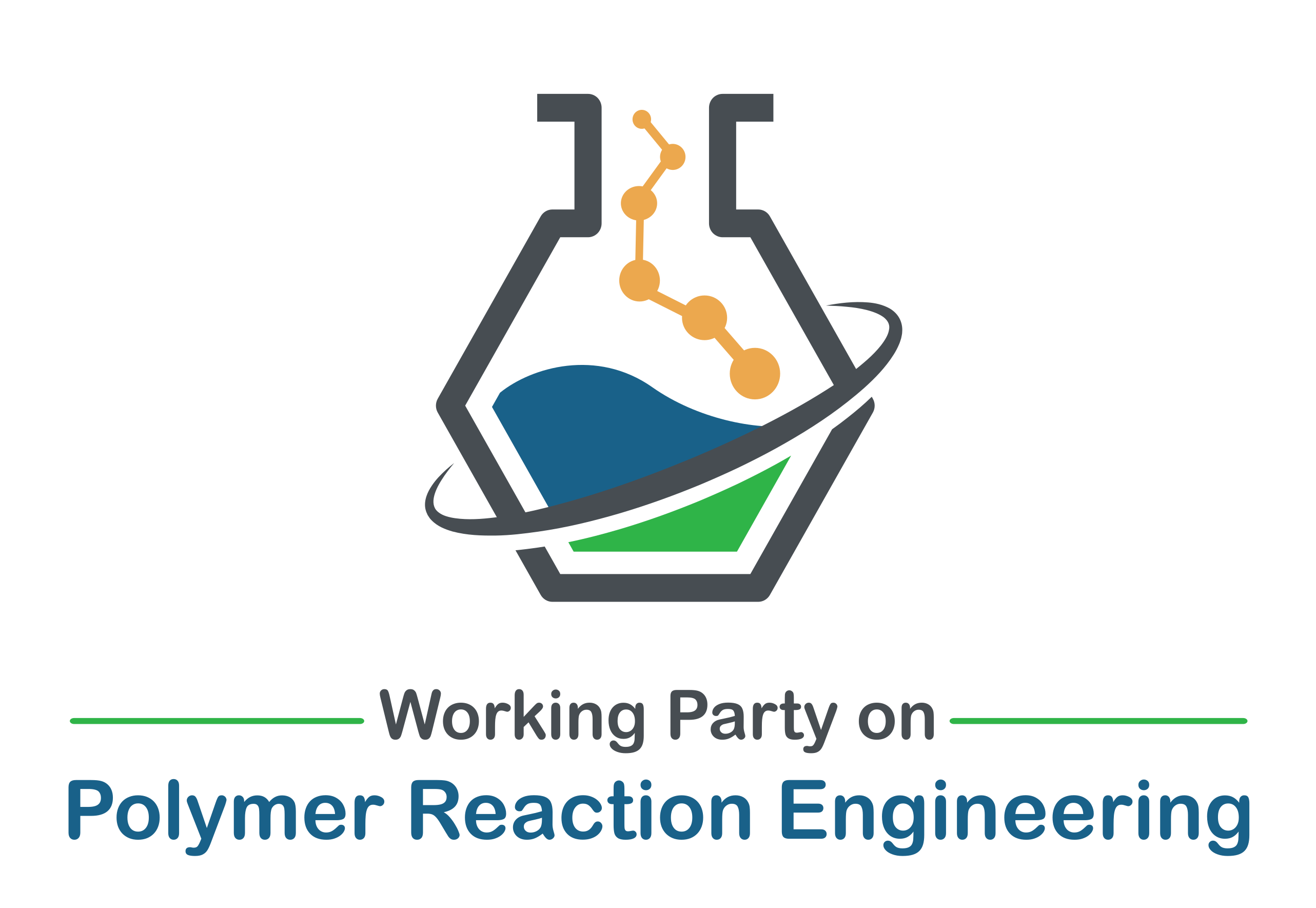Mini-plant for polymer synthesis at pressures up to 2500 bar and temperatures up to 300 °C. The core of the set-up is a continuously operated stirred 15 ml autoclave. The reactor-pressure is regulated by the outlet valve. Three screw presses and a membrane pump are used to add other reactants.
Mini-plant for polymer synthesis at pressures up to 3000 bar and temperatures up to 300 °C. The core of the set-up is a stirred 100 ml autoclave, which is operated continuously or discontinuously. The reactor-pressure is regulated by the outlet valve. Three membrane pumps, two screw presses and a volume exchanger can be used to feed additional reactants. It is also possible to connect a 2 m tubular reactor in series.
Newest mini-plant for polymer synthesis at pressures up to 3000 bar and temperatures up to 300 °C. Continuous or discontinuous operation is possible. The autoclave has a volume of 100 ml and is stirred via magnetic coupling. Pressure control is carried out with a pneumatic outlet valve and additional reactants can be fed by two membrane pumps and two screw presses.
Catalytic solution polymerization of ethylene and α-olefins:
- max. temperature 300 °C
- max. pressure 200 bar
- different solvents
- each component independently adjustable
- co-/ ter-polymerization of ethylene with α-olefins (liquids/ liquefied gases)
- hydrogen as chain-transfer agent
The decomposition limits of ethene mixtures at high pressures are studied in two unstirred, discontinuously operated autoclaves with a volume of 200 ml. They are designed for pressures up to 4000 bar and temperatures up to 400 °C.
Piezoelectric pressure sensors and modified fast measuring thermocouples allow the characterization of self- and spark ignited deflagration of ethylene mixtures with the possibility of subsequent pressure relief via a normal-closed fast acting piston valve.
A view cell with a variable volume of up to 100 mL is utilized to characterize decomposition event of polymerization mixtures and to determine flame front velocities via a high speed camera. This setup also allows the visualization of phase behavior during pressure relief events.
By the differential thermal analysis (DTA), the temperatures of a sample and reference cell are compared during heating. This technique allows fast qualitative assessment of the thermal stability of a sample at high pressures and temperatures up to 3500 bar and 300 °C.
Our high-pressure view cell with video recording is used to study phase equilibria at pressures up to 3000 bar and temperatures up to 300 °C.
The two transitiometers are very sensitive calorimeters, which are able to operate and detect heat flows precisely under pressures up to 4000 bar and temperatures up to 300 °C. The special feature of those devices is their exact temperature and pressure control during measurements. This way thermo-physical properties as well as phase transitions can be investigated under high pressure and high temperature conditions. Either mercury and/or supercritical fluids can be used as pressurizing media.
In this measuring device, the ideal mixing behaviour, the residence time distributions, as well as the flow lines of our polymerisation reactors can be determined at room temperature in dependence of stirring frequency, volume flow and viscosity. For this purpose, replicas of the exact reactor geometries are made of polymethyl methacrylate. The special feature of the measuring device is the flexible exchange of the reactors, which allows the determination of the mixing behaviour for various reactor geometries. With the help of the 3D printer, a variety of stirrer geometries can also be investigated here.
The 3D resin printer (Formlabs Form 3) has a high precision with an XY resolution of 25 μm and a laser power of 250 mW. This results in a very good print quality, whereby layers in the texture are hardly visible and a transparent print is possible. In addition to transparent parts, both flexible and solid parts can be produced.


























